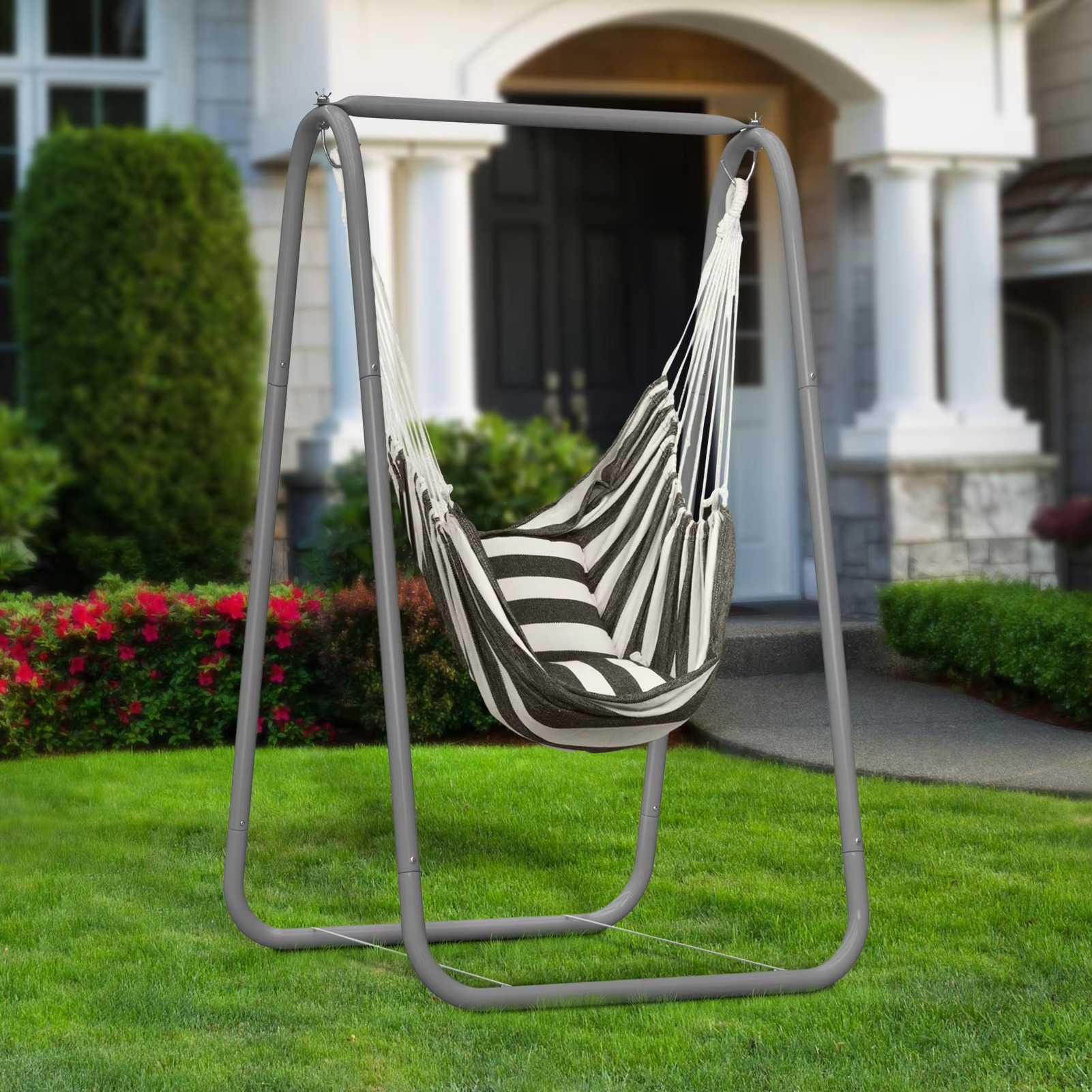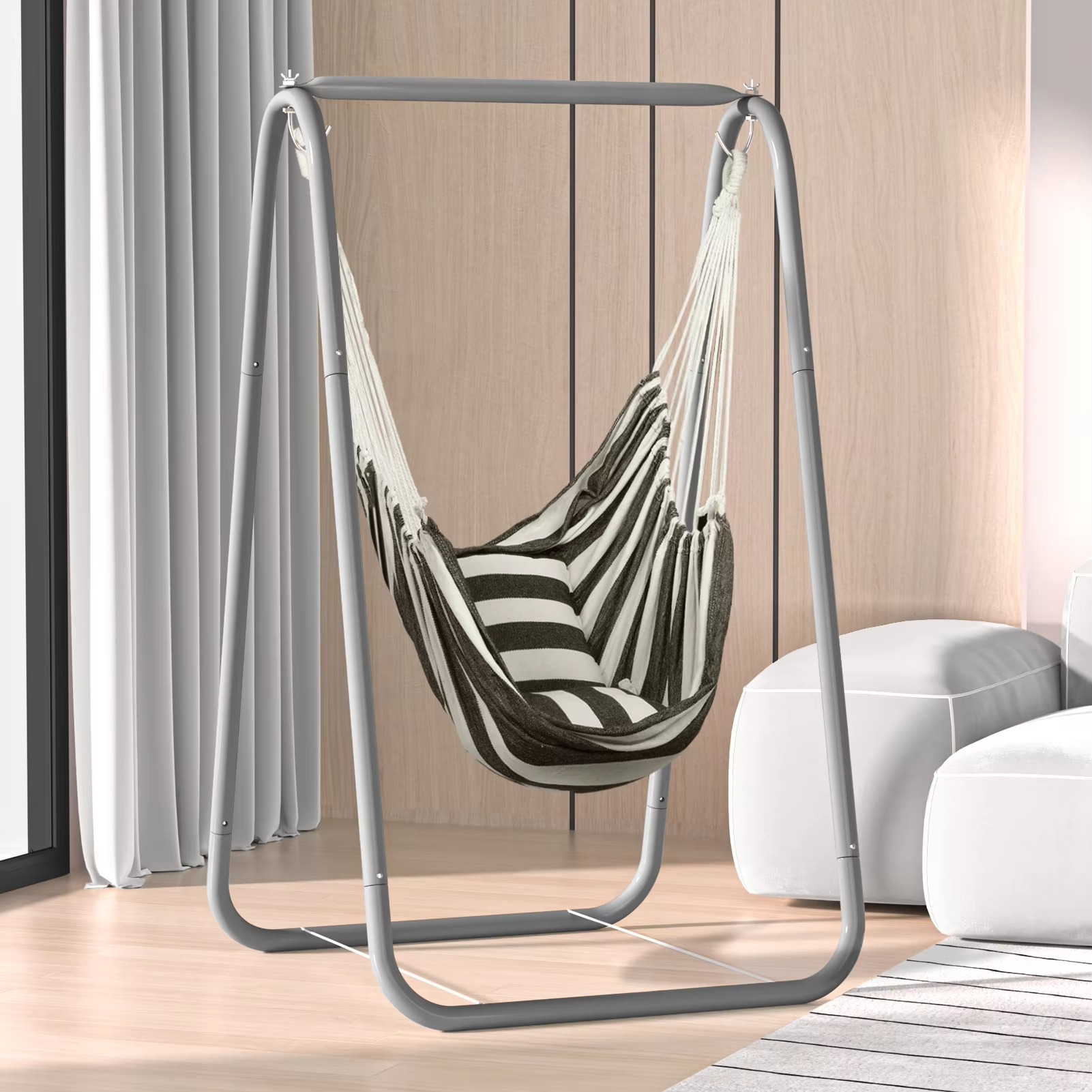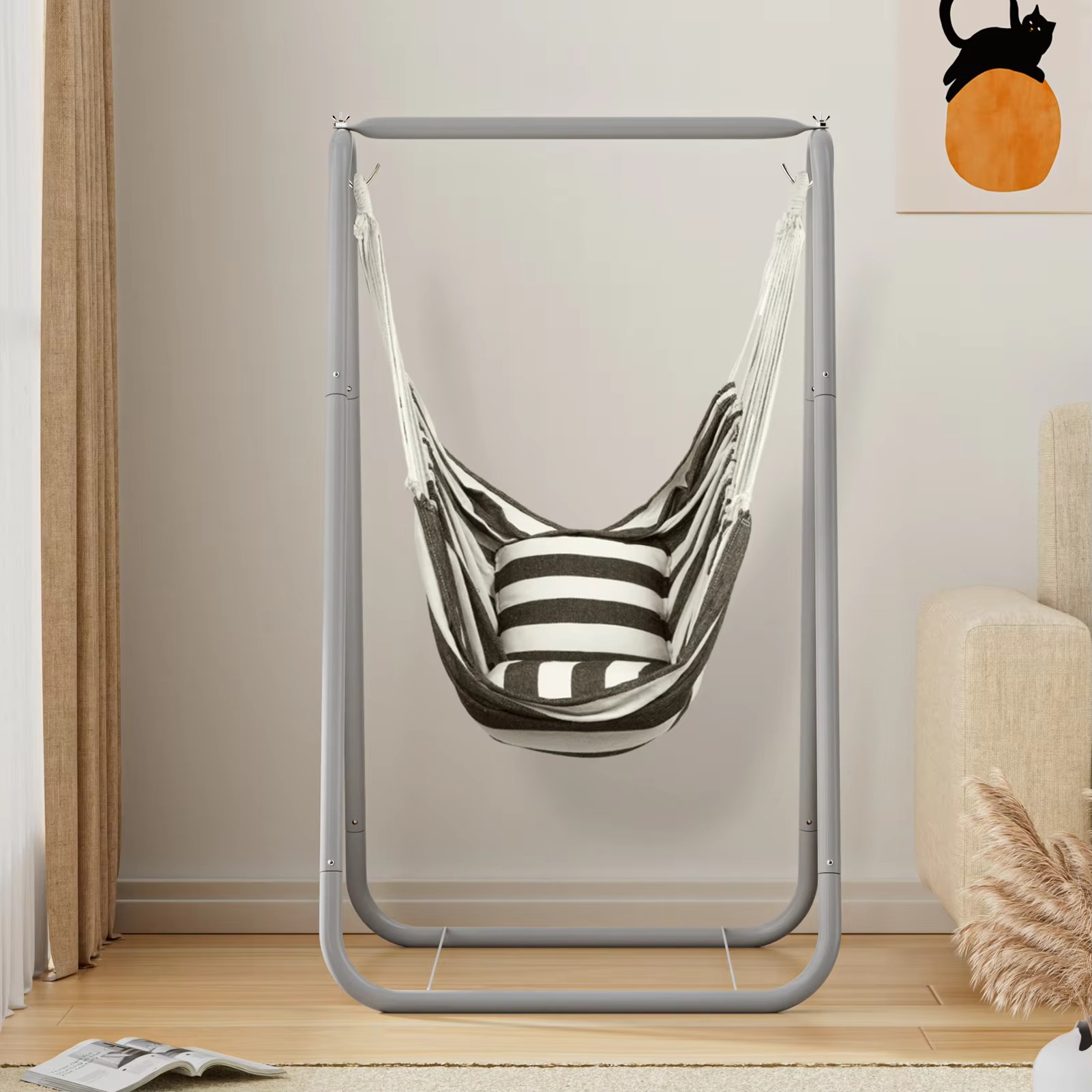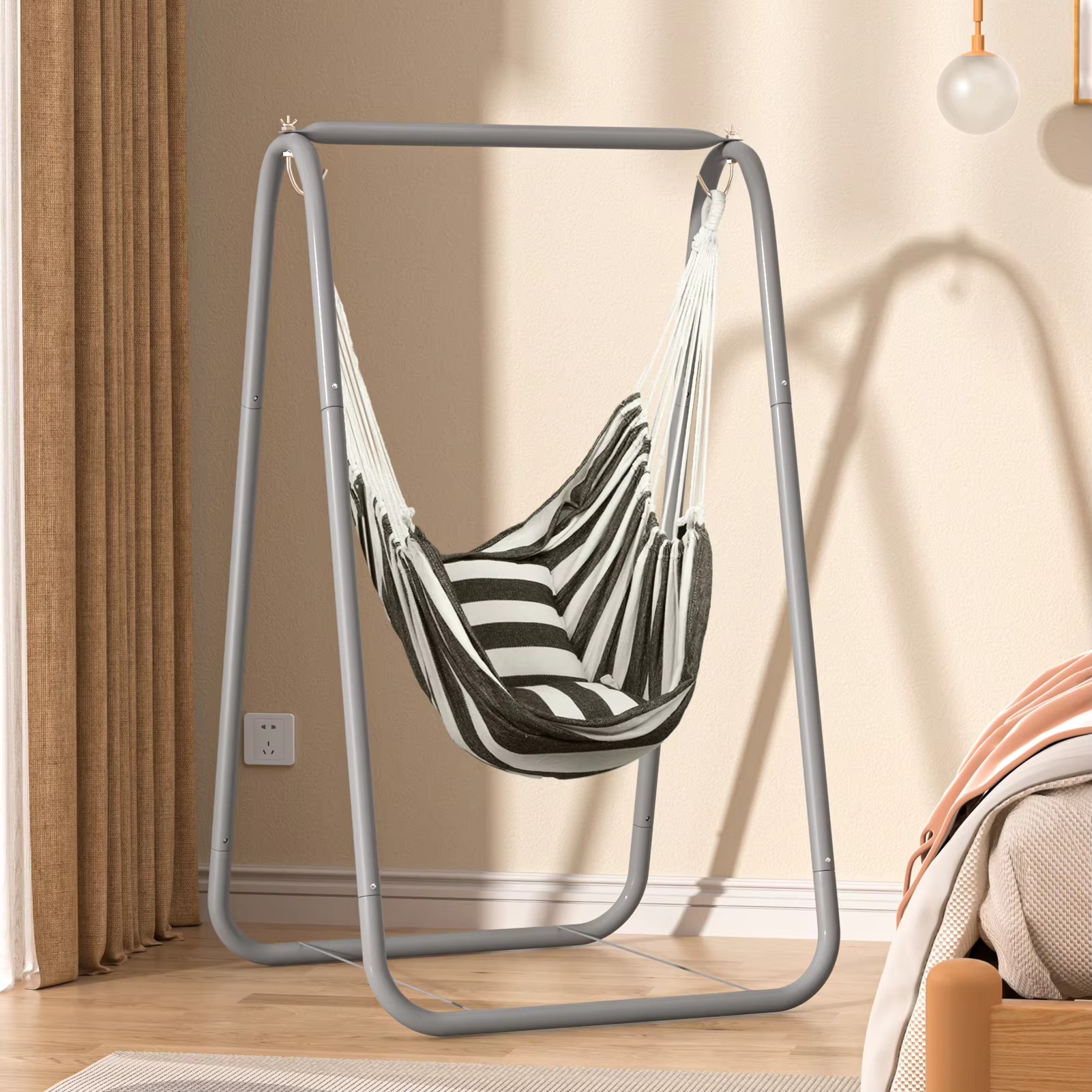Porch swings have long been a symbol of relaxation and comfort, beckoning families and friends alike to enjoy leisurely afternoons outside. If you’re considering adding one to your home, you may be wondering how much a porch swing costs and what styles are available. This article will explore various factors that influence the price of porch swings, different styles you can choose from, and tips for selecting the perfect one for your needs.
Factors Influencing Porch Swing Prices
Material and Construction Type
One of the most significant factors that influence the price of a porch swing is the material from which it is made. Common materials include wood, metal, and resin. Wooden swings, particularly those made from high-quality hardwoods like cedar or teak, tend to be on the higher end of the price spectrum due to their durability and aesthetic appeal. They may range from $200 to $800, depending on the craftsmanship and type of wood. On the other hand, metal swings often cost between $100 to $400, primarily depending on the design and finish. Resin swings, made from durable synthetic materials, usually range from $150 to $300.
In addition to material, the construction type can also affect pricing. Swings that are handcrafted or custom-built often fetch higher prices due to the labor involved. Mass-produced models may be more budget-friendly but may lack the unique aesthetic of a handmade item. Ultimately, understanding the materials and construction methods can guide you in making an informed decision based on budget and quality expectations.

Size and Capacity
Another factor affecting the price of porch swings is their size and weight capacity. Standard swings typically accommodate two people, while larger models designed for three or more can significantly increase costs. If you’re considering purchasing a larger swing for a family setting or frequent gatherings, be prepared to pay a premium. Larger swings can range from $300 to $1,500 depending on the material, craftsmanship, and design aesthetic.
Moreover, the swing’s weight capacity is another crucial aspect you should consider. Swings designed to hold greater weight often utilize sturdier materials or additional bracing, which can also add to the cost. Additionally, if you’ve got kids or plan to have extra adults use the swing regularly, investing in a higher-capacity model might be worthwhile for ensuring durability and safety.
Types of Porch Swings
Traditional Wooden Swings
Traditional wooden porch swings are perhaps the most iconic choice. Often crafted from oak, cedar, or pine, they offer a rustic charm that many homeowners find appealing. Prices for traditional wooden swings typically range from $200 to $800, depending on the type of wood and craftsmanship involved.
These swings can enhance the aesthetic of your porch, especially when left unfinished or stained to match your home’s external features. However, they do require maintenance to prevent rot, especially in humid climates. Regular sealing and painting can help maintain their structure and appearance over the years.
Metal and Steel Swings
Metal swing sets, often made from steel or aluminum, represent a modern and minimalist alternative to traditional wooden styles. These swings can come in various colors and finishes, making it easy to coordinate with your porch decor. Pricing can range from $100 to $400.
Metal swings are typically more durable than wood and require less maintenance, making them an attractive option for homeowners looking for convenience. The durability stands out, especially in harsh weather conditions that could affect wooden swings. That being said, metal swings can be less comfortable during hot summer days, unless they are cushioned effectively.
Resin and Composite Swings
Resin or composite porch swings are gaining popularity due to their durability and low-maintenance qualities. Made from synthetic materials, these swings usually range from $150 to $300 in price. They’re available in various colors and styles, leading to a wide range of design options that can fit any porch decor.
The main advantage of resin swings is their resistance to fading, chipping, or rusting. They can be left outdoors year-round without worrying about weather damage or requiring extensive ongoing maintenance. Furthermore, many come with built-in cushions or have the ability to add them, adding comfort without sacrificing style.

Custom vs. Pre-Made Porch Swings
Pre-Made Swings
When considering options for your porch swing, you can choose between pre-made and custom units. Pre-made swings are manufactured in bulk and typically available at home improvement stores or online retailers. These swings often come in various styles, colors, and materials while being relatively easy to find and purchase.
Pre-made swings generally have a lower price point compared to custom models, ranging from $100 to $800 depending on the materials and styles. However, the trade-off is that you may not get the exact specifications you want, such as particular dimensions or unique design features. This option is excellent for those on a budget or looking for a straightforward solution without the need for customization.
Custom-Built Swings
If you are insistent on getting a swing that precisely meets your needs, you may want to consider a custom-built porch swing. Custom swings allow you to specify dimensions, materials, styles, and even add unique features to personalize your chair for your porch or backyard space. Prices for custom swings can range from $300 to over $1,500, depending on the designs and materials chosen.
While this option can be more expensive, the advantage is that you’ll have a one-of-a-kind piece designed specifically for your home. It’s essential to work with a skilled craftsman, as the quality of the final product will depend heavily on their expertise. Many custom builders will offer various wood finishes and design options, allowing for a more personal aesthetic that aligns with your vision for your outdoor space.
Installation Costs and Considerations
DIY Installation vs. Hiring a Professional
The costs associated with purchasing a porch swing don’t stop at the swing itself; installation can also influence the overall expense. Some swings are relatively easy to install, particularly if they’re pre-made. If you’re handy with tools, you might consider a DIY approach to save money on installation costs. For some pre-made designs, you can expect to pay anywhere from $50 to $200 for hardware and materials required for installation.
However, if you’d prefer a professionally installed swing, especially for heavier or custom-built swings, hiring a contractor could range from $100 to $500 depending on local labor rates and the complexity of the installation. It’s essential to weigh the pros and cons of each method, as incorrectly installed swings can lead to safety issues, which might not only compromise the swing itself but also the safety of those using it.
Safety Considerations
No matter which installation method you choose, safety is a critical factor that should be taken into account when setting up a porch swing. Ensure that the supporting structure (like the porch ceiling) can sustain the swing’s weight, including the maximum weight of all intended users. Additionally, you’ll want to use high-quality hardware designed to bear significant loads. Poor installation can lead to accidents or damage to your home.
When choosing a location for your swing, consider ground clearance, height above the floor, and proximity to edges that could pose a fall risk. Making your porch swing a secure, inviting space is essential to getting the most enjoyment out of it for years to come.

Maintenance and Longevity
Regular Care for Wooden Swings
To prolong the lifespan of your porch swing, regular maintenance is essential—especially for wooden models. You may need to perform tasks like cleaning, removing mildew, and applying protective coatings every few years. Hardwood swings might require less frequent maintenance, but softwoods like pine or fir should be treated more regularly. If left unsealed in areas with heavy moisture, they can succumb to rot and decay, leading to costly replacements.
Applying a quality sealant or protective finish can help maintain the color and character of the wood while guarding against moisture and UV rays. Sanding down the surface as necessary can also keep it smooth and splinter-free for the safety of users. Regular checks for damage can give you a heads-up about repairs needed before major repairs become necessary.
Care for Metal and Composite Swings
For those with metal or composite swings, the maintenance is less intensive but still important. Metal swings may require periodic inspections to check for signs of rust or corrosion, especially if painted finishes begin to wear off. Rust can be treated with special rust-proofing sprays, and in best-case scenarios, swings should be stored in a protected area during harsh weather conditions unless designed for full outdoor use.
Composite swings, while generally low-maintenance, should still be cleaned from time to time to maintain their appearance. A simple wash with soap and water can help preserve their color without the need for harsh scrubs or protective coatings.
Choosing the Right Porch Swing for You
Consider Your Space
Selecting the right porch swing requires careful evaluation of your available space. Measure where the swing will be placed, ensuring to account for enough clearance around it for movement and usage. If you have a small porch, a compact swing designed for narrow spaces can provide comfort without overwhelming the area. Conversely, if you have abundant space, a larger swing can serve as a family centerpiece where everyone can gather.
Also, consider the ambiance you want to create with your swing. If your goal is to make a cozy nook for relaxation, opting for a cushioned swing with pillows may enhance comfort and appeal. If your porch is mainly for entertaining, a more robust, spacious model may serve your purpose better.
Assess Your Budget
Before diving into the purchasing process, it’s wise to set a clear budget. This budget should encompass not only the swing itself but also potential costs for installation, maintenance over the years, and any additional accessories, such as cushions or hardware. It’s essential to strike a balance between quality and price to ensure lasting value.
Research different brands and their offerings, checking reviews to gauge user satisfaction. While it might be tempting to opt for the cheapest option, investing a little more in quality can often result in significant savings in maintenance and longevity.
Final Thoughts: Is a Porch Swing Worth the Investment?
Investing in a porch swing can bring a multitude of benefits. Not only does it enhance the aesthetic appeal of your outdoor space, but it also provides a charming place to relax, read, or enjoy the company of family and friends. The emotional and social value a porch swing offers can enhance your quality of life, making it a worthwhile consideration for many homeowners.
Ultimately, understanding the various influencing factors like materials, styles, installation costs, and longevity can help you make an informed decision. By committing to your budget and preferences, you can select a swing that will serve you well across seasons and contribute to cherished memories for years to come. Whether you choose a custom-crafted swing or a pre-made model, the journey of selecting the ideal porch swing can be as enjoyable as the swinging itself.
